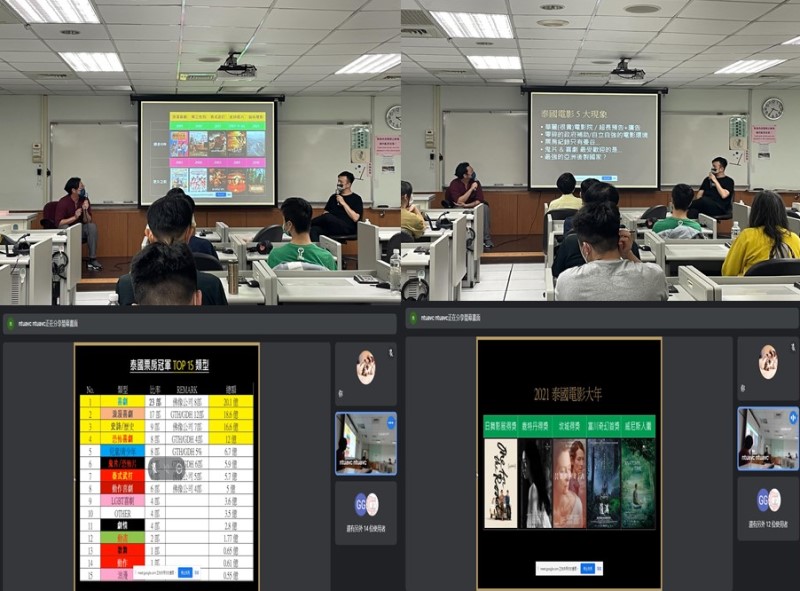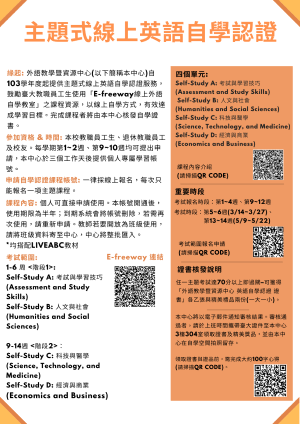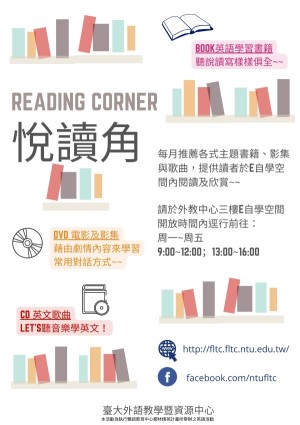Is the ‘Great Resignation’ Really the ‘Great Job Switch’ ?
VOA News|All About America
April 09, 2022 2:35 AM (source)
Is the 'Great Resignation' Really the 'Great Job Switch' ?
離職潮即轉職潮?果真如此?
April 09, 2022 2:35 AM
Dora Mekouar
VOA News 搶先看
根據統計,新冠疫情期間離職率攀升,最新數據顯示 2022 年 2 月已達 2.9%,離職人數達 440 萬人。內布拉斯加大學(University of Nebraska)的經濟學教授克里斯.德克(Chris Decker)指出,疫情讓資深員工提早退休,許多員工甚至被迫放無薪假或被解雇。波士頓大學(University of Boston)的資深教師傑伊.扎戈爾斯克基(Jay Zagorksky)則表示,近二十年來美國勞動市場的流動性一直很高,2022 年 2 月疫情期間也約有 670 萬人任職,故以「轉職潮」稱之可能比「離職潮」更恰當。除此之外,人們會開始思考工作的價值,如在職場中是否受尊重、是否能利益他人或獲得正向回饋,而不僅僅只是一份收入。
Millions of Americans voluntarily left their jobs during the COVID-19 pandemic, with the quit rate hitting a record high of 3% — 4.5 million people — in November 2021. So, where did all those workers go?
Chris Decker, an economics professor at the University of Nebraska Omaha, says the pandemic hastened retirement for some older workers.
"A lot of folks were either furloughed or perhaps laid off, and perhaps they were in their mid to late 50s," Decker says. "Many, from what I've been able to glean, chose an early retirement path, and that kind of fueled, I believe, a lot of the spikes that we've seen."
The latest numbers put the quit rate at 2.9%. So, while 4.4 million workers decided to leave their jobs in February 2022, about 6.7 million people were hired during that same time, according to the Bureau of Labor Statistics.
"Yes, lots of people are quitting, but they're going someplace else. They're not sitting on their couches," says Jay Zagorsky, a senior lecturer at Boston University's Questrom School of Business, who doesn't embrace the theory that COVID-19 drove more people to retire. "The 'Great Resignation,' in some ways, is real. And in other ways, it's a bit of a fable."
A fable, in part, because quit-rate data has been collected only since December 2000, meaning there are no official BLS numbers from before 2000 to compare with today's numbers.
'Great Job Switch'
Also, the fact that 6.7 million people got hired in February suggests that something else might be going on, according to Zagorsky.
"It's not so much … about the 'Great Resignation' — like everyone's quitting and going off and, you know, writing the great American novel or connecting with their family," he says. "Instead, lots of people are quitting, but they're getting rehired someplace else. They're switching jobs. I would call it not the 'Great Resignation' but the 'Great Job Switch.'"
But the "Great Job Switch" isn't happening everywhere. For example, government employees are, for the most part, staying put. Quit rates are highest in the leisure and hospitality industries, such as hotels, restaurants and bars, as well as in retail.
"We're also seeing it among the young, and especially geographically, in the South," Zagorsky says. "Why is that? That, I can't tell you."
Decker says younger people might be furthering their education.
"I think a lot of people decided that rather than go right back into the labor force after getting furloughed … or actually getting laid off, chose to go back to school full time," he says. "I know our university is seeing an increase in enrollment in some of our professional degree programs."
Quitting trend
Government data suggests that except for a few dips, American quit rates rose steadily in the 20 years leading up to the pandemic.
"The story in my mind is that the U.S. has always had exceptionally high quit rates," Zagorsky says. "We have a very fluid labor market. The question is, do we have too fluid a labor market?"
A recent Harris/USA Today poll found that 20% of people — 1 in 5 — who quit during the past two years now regret doing so. Twenty-five percent said they miss the job culture at their previous place of employment.
Zagorsky says people need to have a better understanding of what a job entails before they take it, while employers must understand that the appeal of a position involves more than money.
"Is my job important? Am I helping others besides myself? Am I getting positive feedback? All these kinds of things have nothing to do with pay but have a lot to do with why people quit," Zagorsky says. "People quit because of nonfinancial reasons. People need to feel they're valued and not being abused and not being disrespected. If people feel valued, if they feel respected, if they feel they're an important part of an organization, they tend not to quit."
Decker expects labor demand to continue to be robust in the long term, while the labor supply will be challenging as America deals with an aging population. Labor supply will be an issue particularly in the Midwest, where Decker lives and works, as educated younger workers move to bigger cities. He sees one potential fix, which could be politically controversial.
"Revisit the immigration policies to see if there's some way to balance the immigration flow, perhaps with a little bit less caustic and difficult political environment, to one that might be a little bit more based on numbers and potential impacts on labor force," Decker says.
Language Notes
註 1:furlough 於本文為動詞,意指強制…休假
註 2:glean 於本文為動詞,意指辛苦地收集(資訊)
註 3:fable 於本文為名詞,意指寓言;虛構的故事;無稽之談
註 4:entail 於本文為動詞,意指使必要;牽涉
註 5:robust 於本文為形容詞,意指(人或動物)強壯的,茁壯的;(東西或系統)堅固的,耐用的,結實的
BACK TO CONTENT
Check your comprehension!
Choose the BEST answer to each of the questions below. After you finish, highlight the parentheses to reveal the hidden answers.
1. ( B ) According to the article, who might NOT contribute to the rising quit rate during the pandemic?
(A) A retired middle-aged worker
(B) A worker from the public sector
(C) A young man from the South
(D) A nightclub server
2. ( C ) The word "put" in the article is closest in meaning to
(A) linger
(B) leave
(C) unchanged
(D) unknown
3. ( D ) According to the article, what can be inferred regarding the labor market in the US?
(A) The ideas of 'Great Job Switch' and 'Great Resignation' are identical.
(B) People tend to study for a degree with a daytime job during the pandemic.
(C) Salary is a major concern for job seekers due to the economic impact caused by pandemic.
(D) Hiring immigrants might be a possible solution to manpower shortage in the US.
編譯:外語教學暨資源中心 編輯小組
|




















